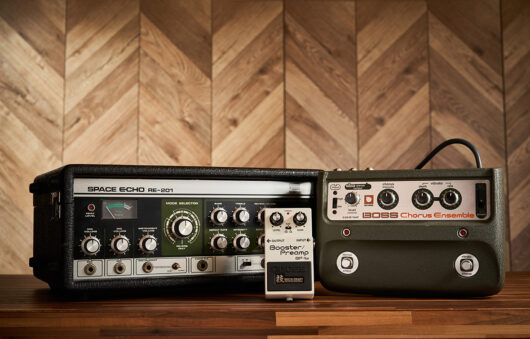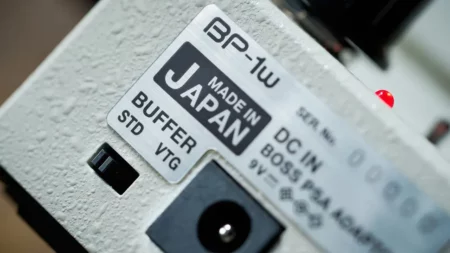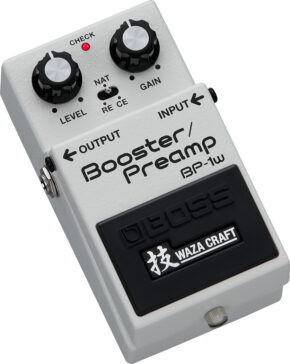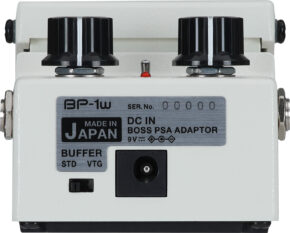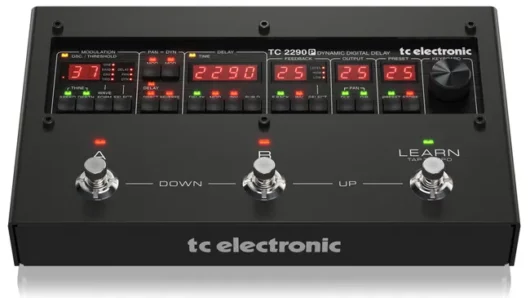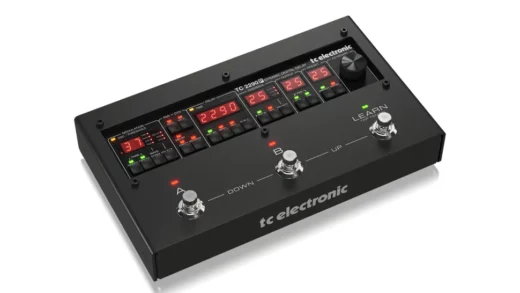Eventide Releases Immersive Series of its Blackhole and MicroPitch plugins
Eventide Audio is on a mission to create immersive versions of its plugins, and is kicking off in style with 3D audio versions of Blackhole and MicroPitch.
They will be the first two plugins in Eventide’s new Immersive Series, where the capabilities of the plugins will be expanded so that their effects reach the three-dimensional space around the listener.
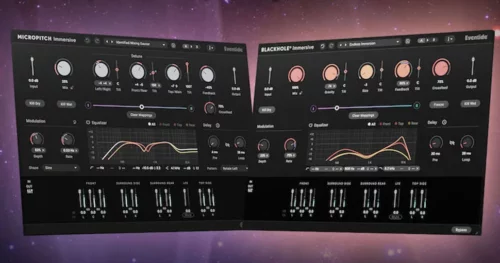
The whole 3D or Immersive Audio world is expanding – not least with the number of names it has. But think of Immersive Audio as the one where the effect happens in three dimensions, including both left/right and up/down movement, so is also named ‘3D’ and includes the popular Dolby Atmos standard. Eventide’s plugins also support Surround Sound which is a more horizontal 2D format where the effect happens around you, but only on the horizontal plain.
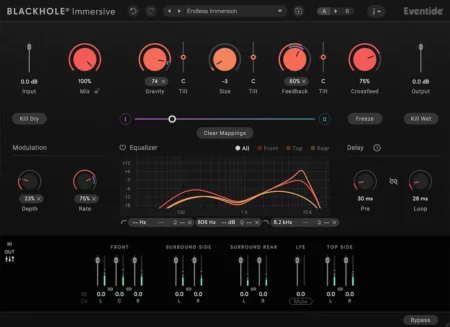
Let’s start with the new Blackhole Immersive as the original is one of our favourite plugins, and literally takes you out of this world with some stunning reverbs. Blackhole Immersive has Gravity, Size and Feedback parameters – and the size can be rather big, to say the least.
A Crossfeed control enables you blend the reverb between speakers so, Eventide says, “a mono source can become truly immersive with one simple gesture”.
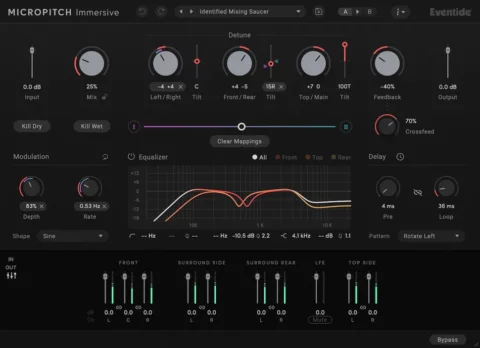
The original MicroPitch is both a delay and pitch shifter, and with MicroPitch Immersive users can morph the effect pretty much everywhere. The plugin has up to 12 channels to play with for its detuned delays, modulation and EQ. You can also tilt how the effect works left/right, front/back and top/main so imagine a delay drunkenly moving up and down in pitch as it changes position front to back – very cool. Other easy additions are slapback and patterned loop delays.
This all makes MicroPitch Immersive sound the more dynamic of the two plugins – presumably because reverb is an effect that is harder to pinpoint and position.
One of the best features of both plugins is that front, top and rear speakers can be EQ’d separately, and you can even morph between those settings should you wish. We also like the sounds of the Kill Dry, Kill Wet and Freeze controls as they “allow the creation of drastic effects”, but could also be future Marvel/DC characters.
Both plugins are price at $499 each, but current stereo owners can get 20% off. More information about Eventide Blackhole Immersive here & MicroPitch Immersive here.
